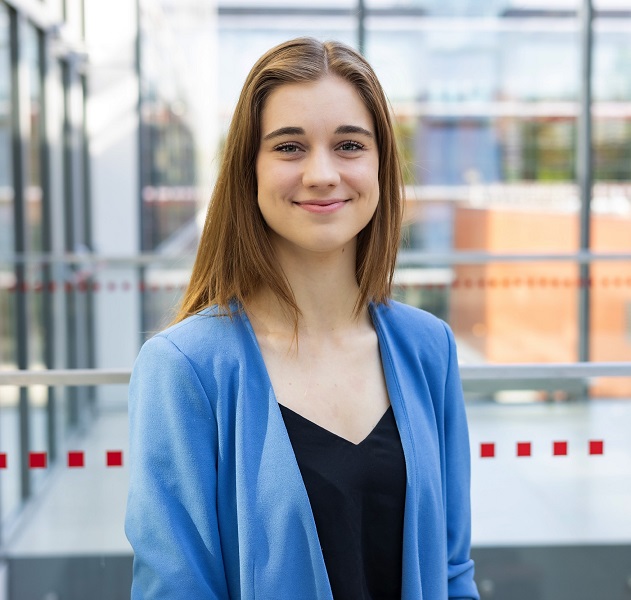
Psychological support and counselling
Are you struggling, need someone to talk to? Come along – together, we can navigate through challenges and find a solution more easily!
We offer individual psychological counselling to the LSMU community (students, teachers, and other staff members). Both remote and face-to-face psychological counselling are provided by:

Counselling the entire LSMU community remotely at the LSMU Faculty of Public Health
Tilžės str. 18, 3rd floor, room no. 318
Counselling the entire LSMU community remotely and at Faculty of Medicine, Central Building, A. Mickevičiaus str. 9, Room no. 120
PSYCHOLOGICAL RESILIENCE GROUPS
LSMU students and staff are welcome to register and participate in the Psychological Resilience Group (PRG). The aim of the PRG is to provide underlying knowledge and practical skills on how to help oneself to improve own mental health. It offers an opportunity to gain new insights and personal experience. The sessions will include theory and practical exercises, and it is very important to be able to attend with your camera and microphone turned on. Group sessions will take place remotely via the Microsoft Teams platform. Topics (1.5-2 hours):
- Recognition of emotions;
- Stress;
- Stress management and relaxation techniques;
- A plan to improve own mental health;
- Self-esteem building and personal growth;
- Mindfulness Techniques.

| Sessions | Date |
|---|---|
| Recognition of emotions | 31st October (Thursday) at 16.00–17.30 |
| Stress and ways to overcome it | 7th November (Thursday) at 16.00–17.30 |
| Relaxation Techniques | 13th November (Wednesday) at 16.00–17.30 |
| Plan to improve psychological health | 21st November (Thursday) at 16.00–17.30 |
| Self-esteem strengthening and personal growth | 27th November (Wednesday) at 16.00–17.30 |
| Mindfulness Techniques | 5th of December (Thursday) at 16.00–17.30 |
- Each individual is allocated up to six consultations per calendar year, with opportunity to have more in certain circumstances.
- Each consultation lasts up 45 minutes.
- Registration for consultations is available using our virtual registration form, where you can also select a suitable time slot.
- During the initial counselling session, we’ll discuss expectations, counselling goals, and conditions.
- If you have registered for counselling, you are obligated to notify any late arrival or inability to attend via email to the respective psychologist: justina.vonzodiene@lsmu.lt or goda.martinkute@lsmu.lt Please bear in mind, delays result in lost time which cannot be retrieved.
- If you’re unable to attend, you can register for another session.
- Counselling sessions are not provided to individuals currently affected by psychoactive substances.
- Please be assured of the confidentiality in all psychologist consultations.
- For the report on the provision of psychological services, we only collect general statistical information about the number of people consulted and the number of consultations they have had.
Do you have any questions? Please contact psichologine.pagalba@lsmu.lt if you have any questions about psychological support at the University.
________________________________________
Is your loved one or yourself in a crisis and thinking about harming oneself or attempting suicide? Help is available throughout Lithuania! To learn more, please visit tuesi.lt/en
